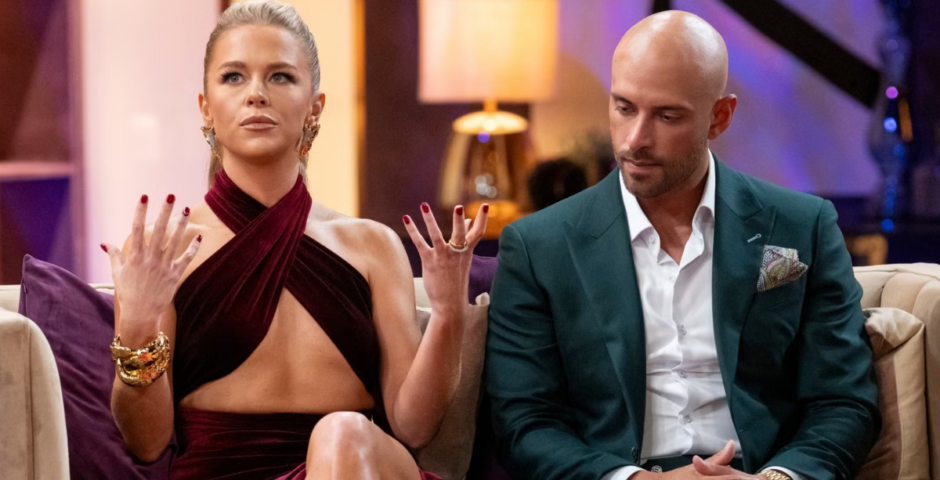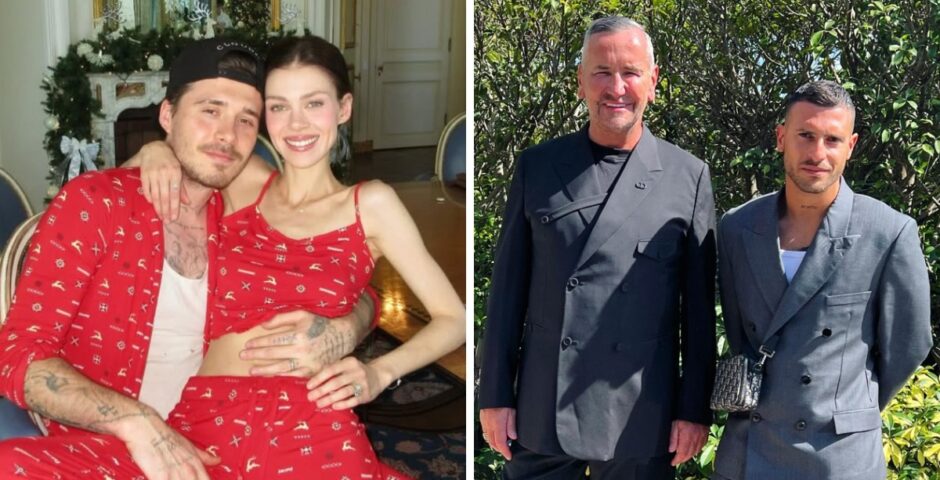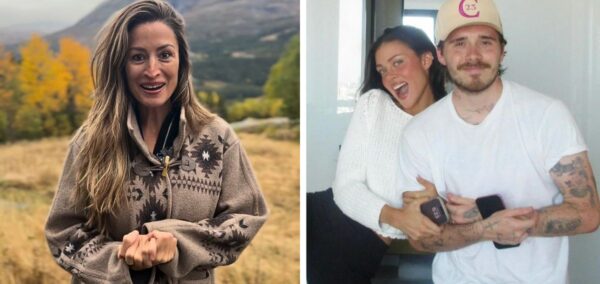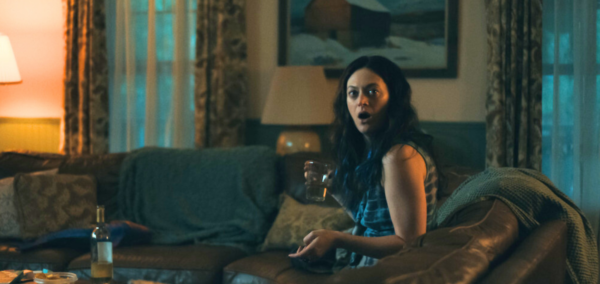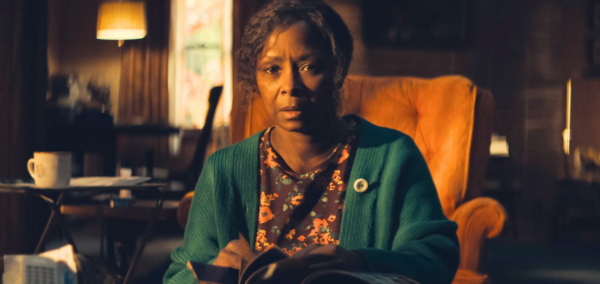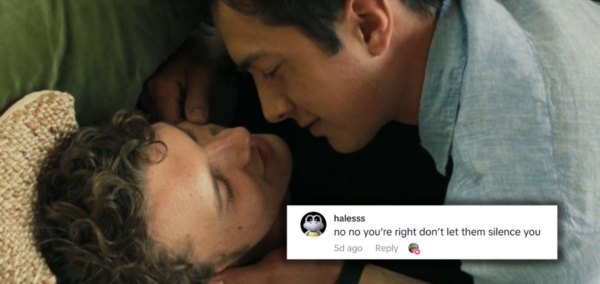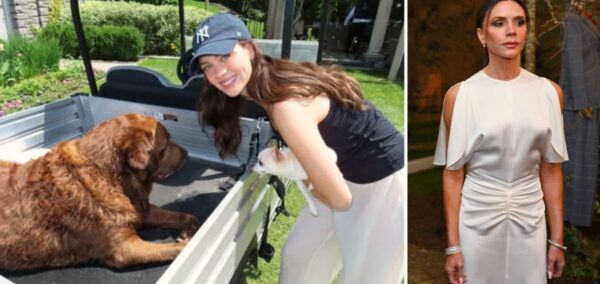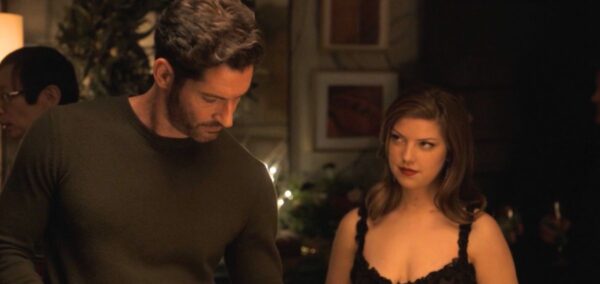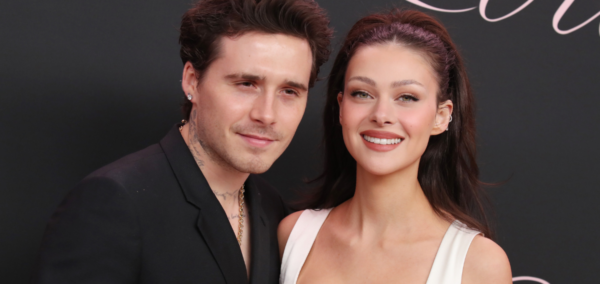
Exploring the Skins fan to Bristol Uni student pipeline
Because we’ve all wanted to be Effy Stonem at some point
Is it embarrassing to admit that the reason why I’ve ended up at Bristol University is all because of Skins? Some of you may see where I’m coming from, while others, like my parents, might think this is the most ridiculous thing you’ve ever heard.
If I think back to 17-year-old me exploring uni options, I 100 per cent had only heard of Bristol before because of Skins. It was the unapologetically hilarious, messy and relatable TV series that I definitely watched far too young. As a young girl born in the 2000s, I wanted nothing more than to be having fun frolicking in Bristol’s hedonistic nightlife that Skins had demonstrated. It feels cringe to say out loud, but I think we all idolised how super cool and edgy it all seemed.
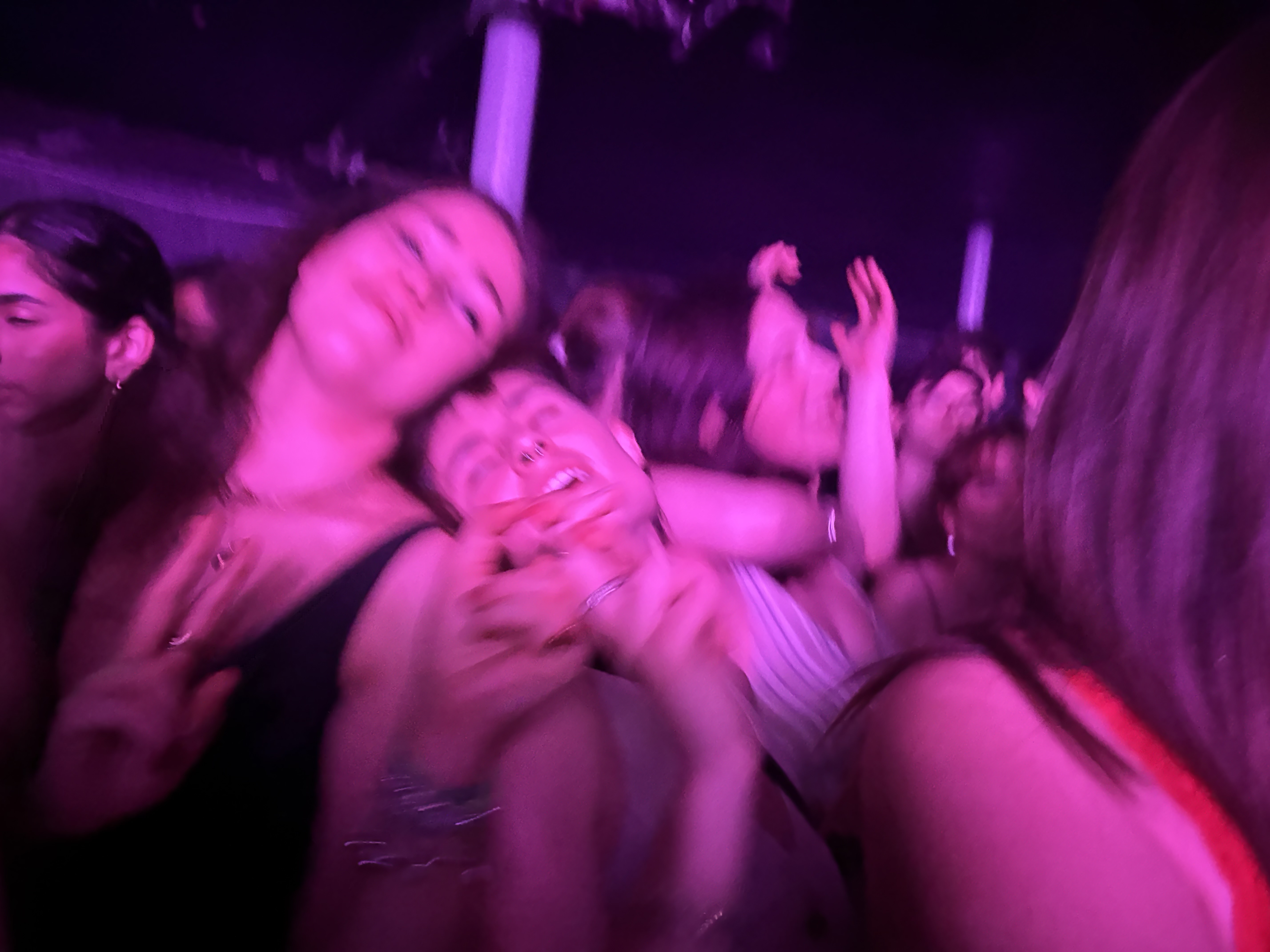
Since moving to Bristol I am constantly reminded that from 2007 to 2013 – and the years it’s been on Netflix thereafter – the formative years of Skins fans, such as myself, were somewhat defined by characters such as Tony, Effy (don’t lie, you definitely wanted to be her until you turned 18 and saw sense), Cook, and Freddie. Though they didn’t exactly appear to live in Redland, Cotham, or Clifton, much of the show mirrors the stereotypical Bristol student’s life.
In my opinion, what made the show just so compelling was the realism in the characters, their issues and their environments. Despite the parties being over-the-top wild, the relationships being pumped full of passion, and the teenage angst being through the roof, Skins offered us a wide variety of young people also dealing with all manner of human things to look to and feel slightly less alone.
Most Read
The show explores plenty of controversial and taboo subjects, including drinking, drugs, sex, sexuality, gender, teenage pregnancy and mental illnesses concerning both personality and eating – one or more of which things we all encounter whilst growing up in the UK.
Like our lives, Skins is raw and real – even the actors weren’t really actors yet, just kids from youth drama clubs and open auditions who wanted to give it a crack. Oh, and Nicholas Hoult, who hadn’t managed to do anything big since “About A Boy” got thrown in there. The mix of the actors’ own hormones and relationships and those of the characters made for a scandalously attractive and compelling source of entertainment written by a young person (Jamie Brittain was only 21 in 2007) and his dad, for young people.
Ignoring the option of sets, almost everything in Skins is set on location somewhere in Bristol, with some of the most recognisable scenes to uni students like us being Freddie skating down Park Street, a hen party in Thekla and many sprawling hangouts on College Green. How many times have you unknowingly walked in the shoes of these iconic characters and wandered the same streets or been on the same nights out?! Chances are that it’s been quite a few.
With its eclectic mix of graffiti and gorgeous old buildings, our beloved city presented itself as the perfect backdrop for a coming of age exploration of everything offered to us as 21st century kids just trying to get through growing up and finding ourselves in a world of seemingly increasing options.

I initially loved Skins when I watched it (admittedly at an age where most of it went straight over my head) for how fun and exciting it made teenage life seem, and then loved watching Skins as a teenager because it made me feel less alone. No matter how bad my life or problems seemed, a character on Skins always had it worse!
Now, I look back in my very early 20s and love Skins for how it encompasses everything that can go wrong in life as a young person and still manages to be so effortlessly funny, light and heartfelt, expertly walking the lines of hedonism and consequence, and balancing comedy with tragedy. Writer Marieke Hardy once expressed that Skins somehow managed to be “beautiful and sad and poignant and perfectly hurtful” and simultaneously “edgy, funny and rude.”
I’m glad for my exposure to the show and how it has led to my wonderful life here in Bristol – some may call it the butterfly effect, but I think subconsciously I’ve been downright calculated about ending up here. Maybe we shouldn’t all idolise it the way I did, but even 18 years after its initial airing, there is value in watching Skins both for entertainment and to see how much you agree with critics who argue that it is a controversial and “unrealistic” portrayal of teenage life.
I dare you to watch it and see just how much you can relate to it.
Featured image via Netflix


